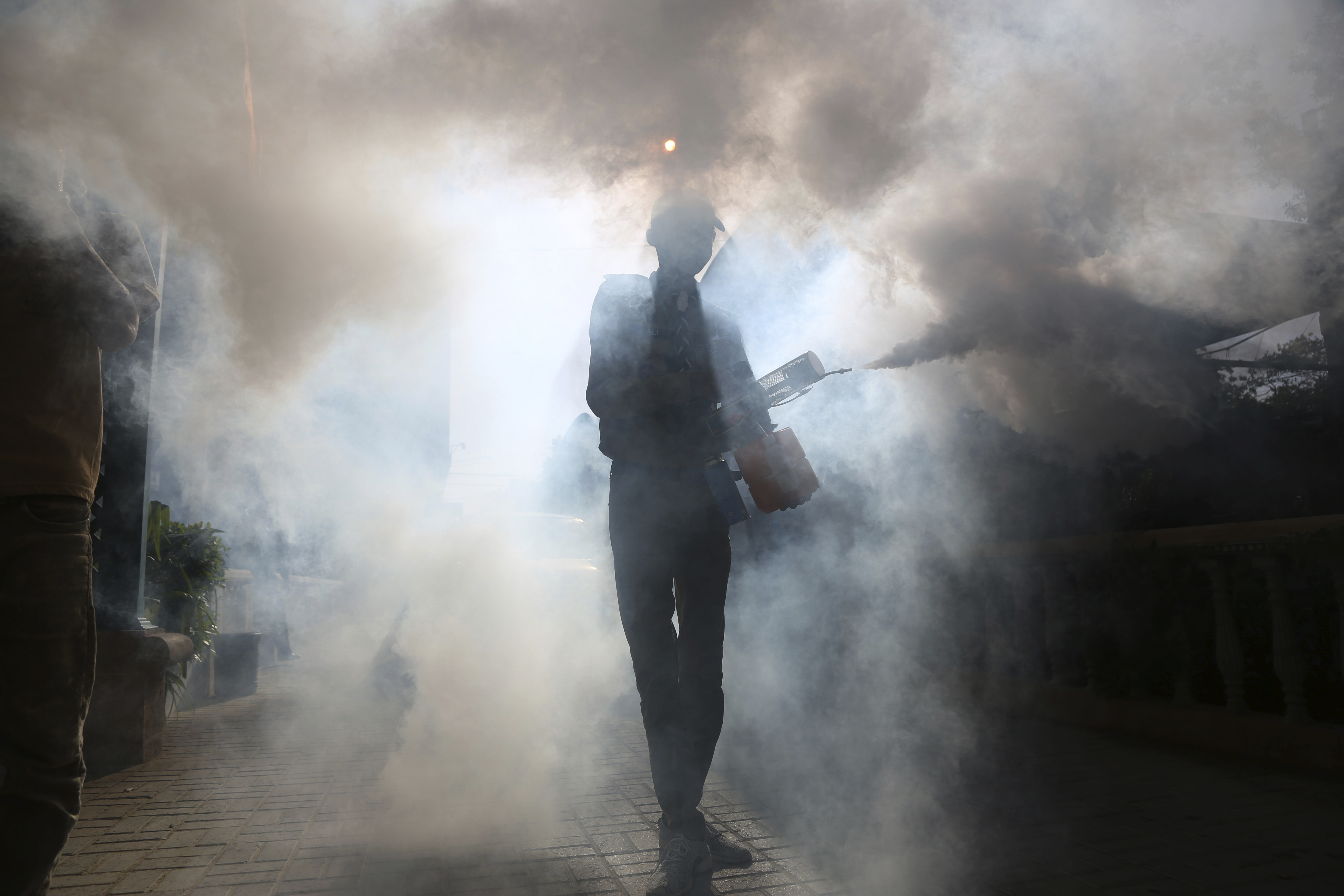Lies in the Time of COVID19 – VII

With the spread of COVID-19 impacting the world, the United States Agency for Global Media and its networks have remained committed to providing accurate and unbiased information about the coronavirus, clarifying any misinformation, and exposing disinformation related to the pandemic.
Infodemic’s Impact on Press Freedom
Voice of America highlighted the call from Reporters Without Border asking Western governments to resist comparisons between Chinese media and propaganda and the independent media in the West, in light of mutual accusations over the origins and handling of the COVID-19 pandemic. The network also ran a feature highlighting the VOA Charter and providing a background on the importance of its editorial independence, particularly in times of domestic and global crisis, which was translated by many of the language services.
A harsh smear campaign against RFE/RL in Tajikistan ended when the Tajik government admitted there were 15 COVID-19 cases in the country. The service was the first in Tajikistan to report on the possible presence of the novel coronavirus there and continues to expose discrepancies in the official narrative.
MBN’s Alhurra produced a series of reports on how the pandemic is affecting press freedom around the world on its morning program, Al Youn. Stories from Sudan and Morocco focused on the Reporters Without Borders statement expressing concern that some governments are using COVID-19 as an excuse to crack down on media and examined how journalists are turning to social media to report on the pandemic.
International Involvement
RFE/RL provided an overview of a virtual press briefing with U.S. Assistant Secretary of State for European and Eurasian Affairs Philip Reeker and U.S. Special Envoy and Coordinator of the Global Engagement Center Lea Gabrielle, along with a video report highlighting some of the glaring examples of Chinese and Russian false narratives blaming the West for the pandemic. The network also covered Turkmenistan’s refusal to admit WHO officials into the country as Ashgabat continues to insist that there are no COVID-19 cases there.
Radio Free Asia reported on the EU’s criticism of its own ambassador in Beijing who agreed to remove a reference to the novel coronavirus’ Chinese origins from an opinion piece penned by all European ambassadors that appeared in the English-language state-run China Daily newspaper. RFA’s Mandarin Service covered reports from the German Federal Intelligence Service suggesting that on January 21 Beijing requested WHO’s Secretary General to hide information about human-to-human transmission of the virus, delaying the necessary response and contributing to a global pandemic.
Technology Threats
Coverage by RFA’s Mandarin Service focused on the discussion of China’s use of bot networks to promote this disinformation, as well as on apparent collaboration and coordination between Moscow and Beijing.
RFE/RL’s Russian Service debunked the major coronavirus-related conspiracy theory in the region, questioning the credibility of the sources that recently suggested that Western intelligence services had evidence tying the virus to a lab in Wuhan and examined Russia’s own aspirations to enhance its bioweapons capabilities.
Current Time’s weekly Footage vs. Footage show examined the introduction of various surveillance systems around the world as an attempt to contain the spread of the novel coronavirus. The host interviewed Aleksey A. Maslov, Professor of Asian Studies at the Higher School of Economics in Moscow, who explained how surveillance and the social credit system work in China and discussed whether a similar approach would work in Russia. The network also covered the declaration of a series of prominent Russian-language conspiracy videos promoting disinformation about vaccine microchips as fake by Russia’s Public Prosecution Service, which requested that the public’s access to these videos be limited across platforms.
